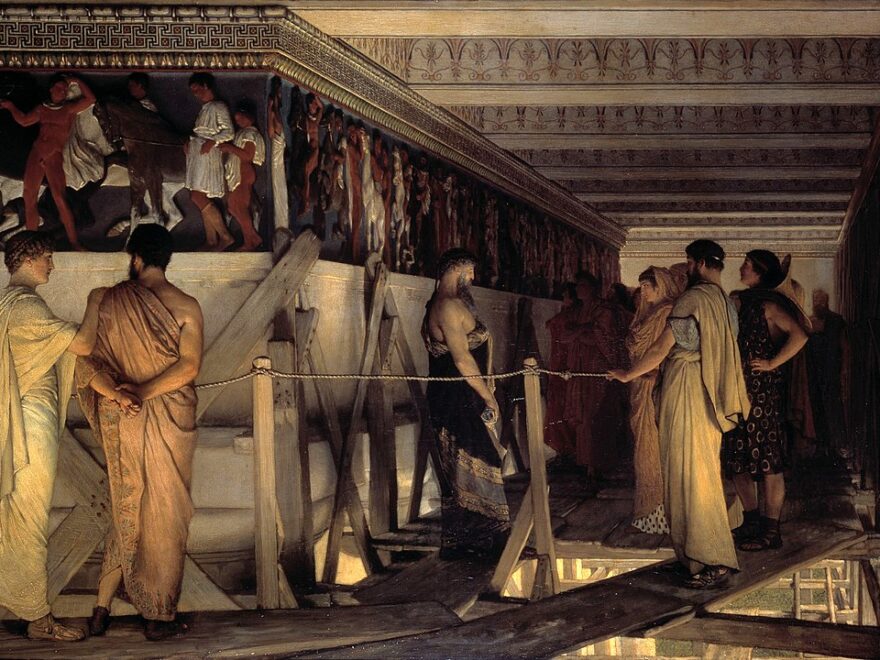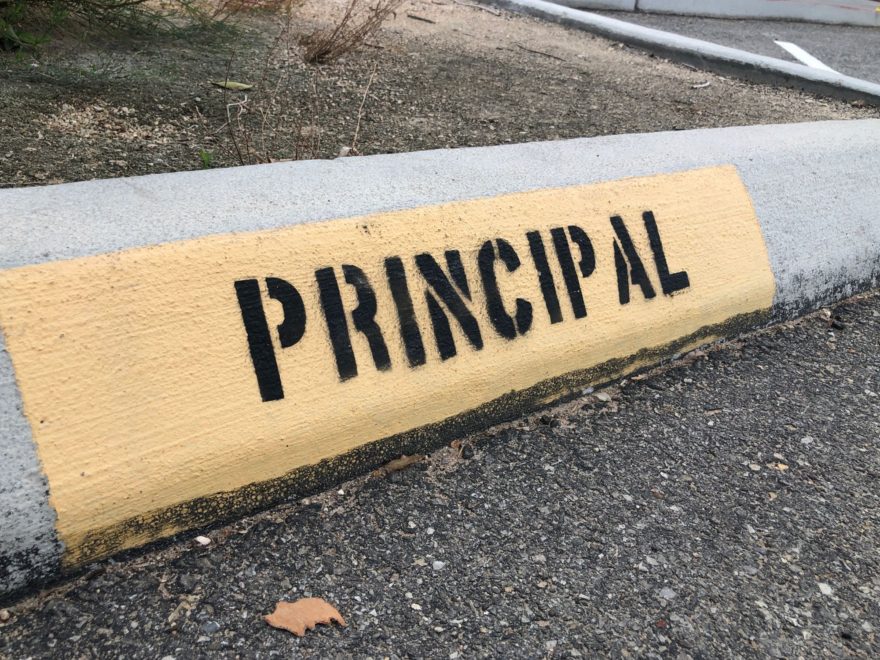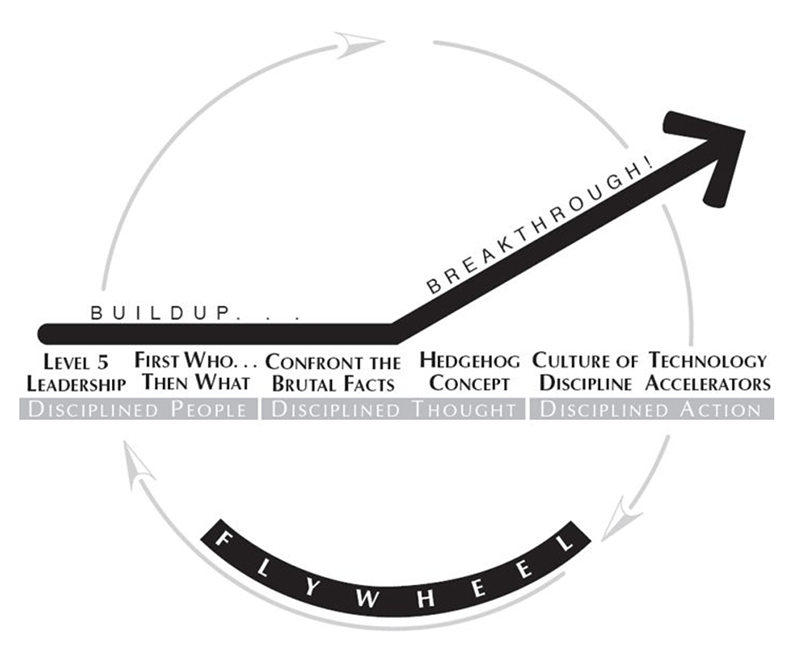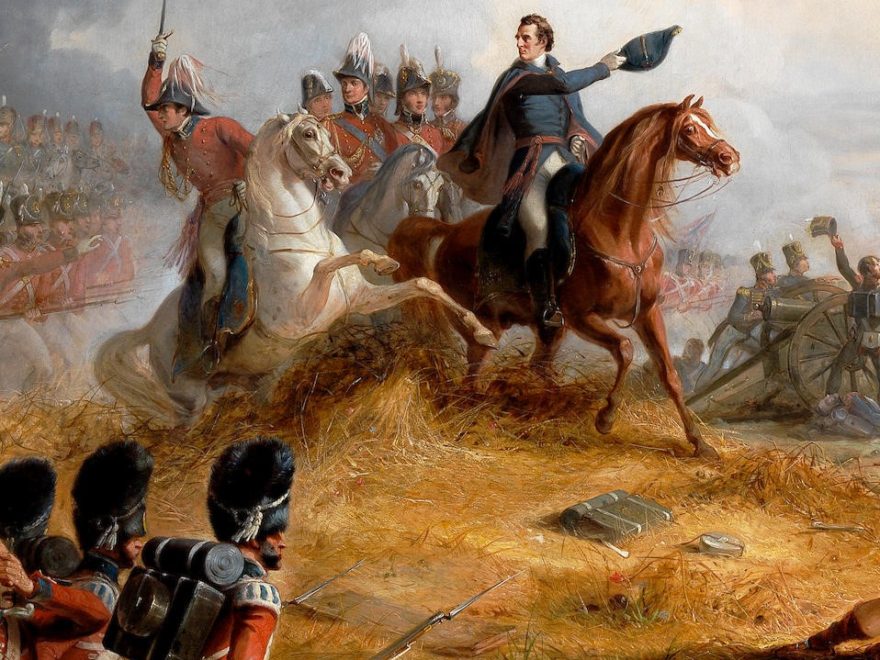Tag: leadership
-

Discipleship in the School, Part 2: Spiritual Formation
In my first article in this series, I explored the idea of discipleship and what it means for the Christian school to make disciples. I noted from the offset that the Christian school and local church have different purposes, and therefore, we should expect their discipleship approaches to look different. At the same time, both…
-

Discipleship in the School, Part 1: An Introduction
What is discipleship and how does discipleship happen in a Christian school? Like most good questions, we must begin by defining our terms. What is discipleship? According to Mark Dever, a pastor in the Washington D.C. area, we can define discipleship simply as helping someone follow Jesus. As an expanded definition, he writes that discipleship…
-

Counsels of the Wise, Part 7: Leadership, Liberal Arts, and Prudence
In the previous article we finally laid out a pedagogy for training students in prudence. While there are many preliminary actions that we can take to sow the seeds of prudence and provide for students’ good instruction from sources of moral wisdom, it is nevertheless true that the full acquisition of practical wisdom awaits a…
-

Proclaiming the “True Myth”: Tim Keller’s Ministry and Classical Education
I was first exposed to the ministry of Dr. Timothy Keller in college while pursuing a degree in philosophy and reading through the western canon of Great Books. Immersed in the intersection of Christian discipleship and the life of the mind, I found in Keller a comforting voice that resonated with many of the questions…
-

An Educational Renaissance for the Development Shop
The purpose of Educational Renaissance is to promote a rebirth of ancient wisdom for the modern era. Through synthesizing the insights of the great philosophers of education across time and place with contemporary findings in modern research, we aspire to serve fellow educators in the worthy calling to educate future generations for the good of…
-

3 Leadership Books for Teachers
Teachers are the leaders of their classrooms. Now, this may seem obvious (who else would be in charge?), so let me explain. Teachers are responsible for the execution of classroom objectives and the development of their students. In a healthy school, they are given the freedom and responsibility, within a broader structure of administrative oversight,…
-

So, You Think You Want to be a Principal…
School Principal Job Description Unclogging toilets and mopping up sewage in the restrooms of your new facility Setting up hundreds of chairs for an event on your own because you know you can’t ask any more of your teachers or volunteers Subbing for Calculus one day and Kindergarten the next, outside of your comfort zone…
-

Apprenticeship in the Arts, Part 5: Structuring the Academy for Christian Artistry
In the previous article we explored the need to counter the passion mindset of our current career counseling by replacing it with a craftsman mindset drawn from a proper understanding of apprenticeship in the arts. Apprenticing students in various forms of artistry (including the liberal arts) constitutes the role of the Academy that is most…
-

Good to Great: Helping Schools Find Their Hedgehog Concept
In a world of seemingly endless opportunities for educational innovation, it can be difficult for school leaders to know where to focus. Should they prioritize the building of a successful sports program? How about offering generous packages of financial assistance? Will the school be known for its impressive musical productions, rigorous curriculum, or exceptional classroom…
-

Teachers are Leaders: 6 Principles of Leadership for Schools
A teacher is a leader. Truly, a teacher is many things, but my contention in this article is that a teacher is fundamentally a leader. To the extent this contention is true, it behooves us to consider not only what it means to be a leader, but also to clarify a set of leadership principles…
